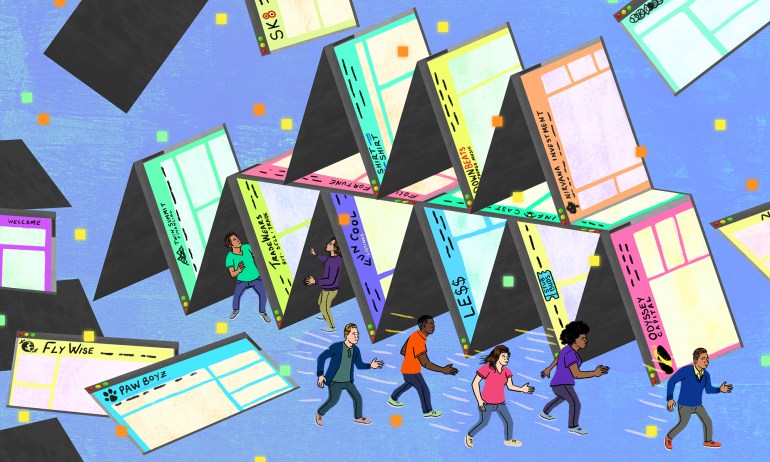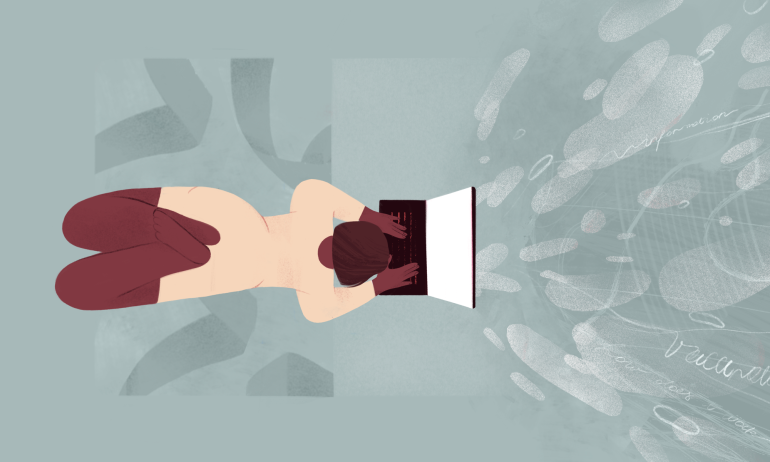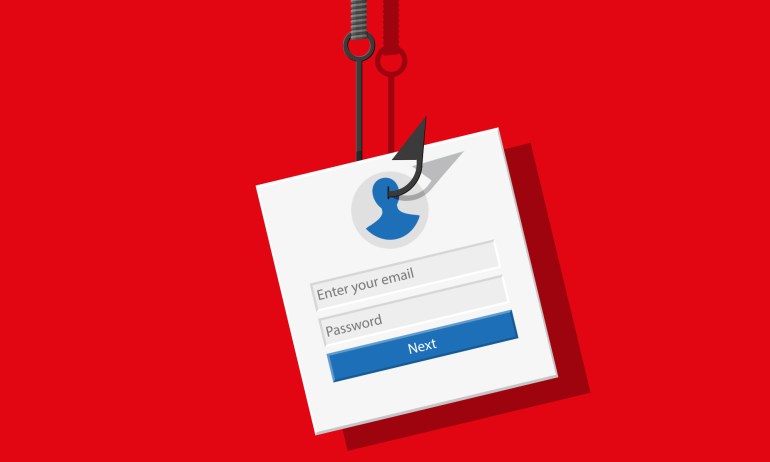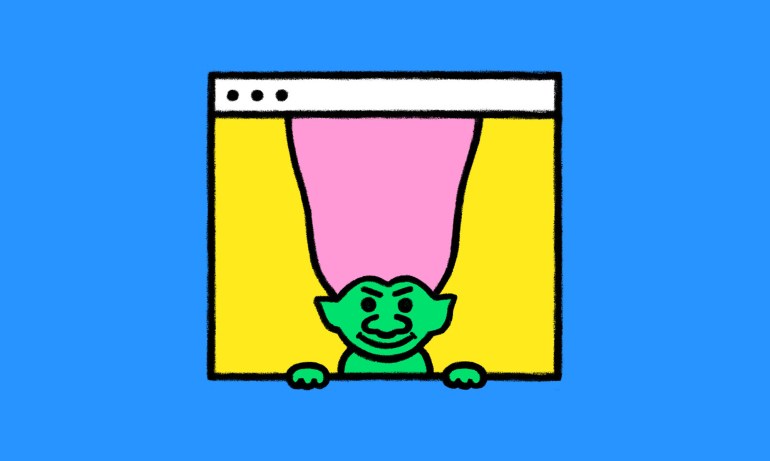
The successful dot-coms of the late ‘90s and early ‘00s had a few things in common: they all vowed to “change the world”, had crazy-high valuations, and were wildly unprofitable. Here’s a look at one company’s rapid rise and fall — and the bubble’s lasting impact, from internet historian Brian McCullough.






